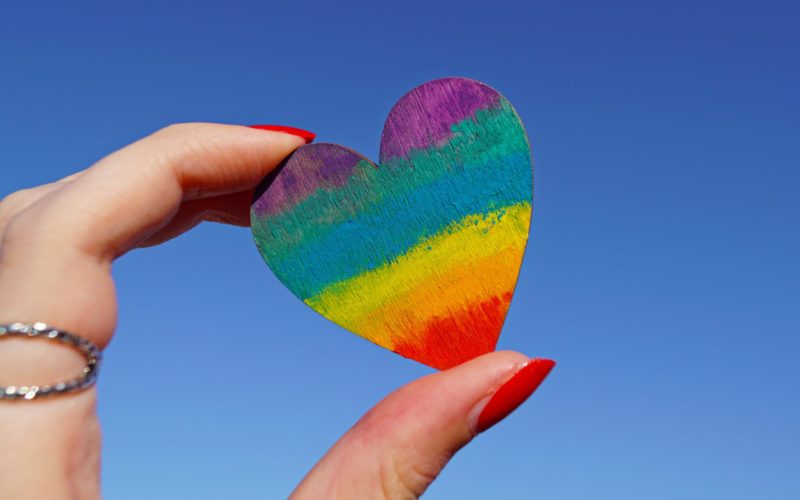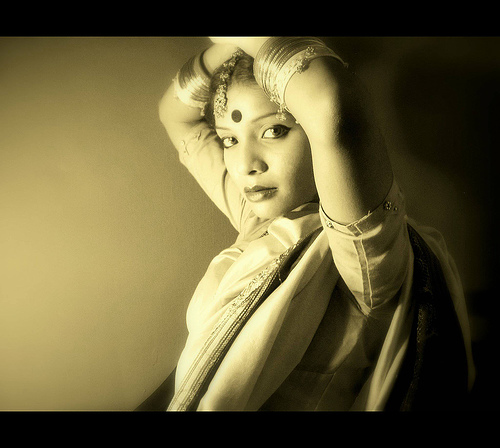We as a country are used to turning a blind eye to problems that are not ours. If it’s not me, the problem is not mine. We are like the parents who believe that if we pretend ‘it’ doesn’t happen, it won’t either. And therefore, never discuss crucial issues like smoking, alcohol, dating, safe sex, STDs, with their teenagers. “We-figured-it, didn’t-we?” comes into play.”
In 2013, The Supreme Court observed that the LGBT community was a “minuscule” minority that did not deserve the court’s time or protection. It criminalised an entire community and as Justice Chandrachud says “what 377 did essentially was to say that this is how a man should be and this is how a woman should be. And, this not what a man is and this is not what a woman is.”
I think that 2013 was crucial for India.
One, we could no longer continue to pretend these issues do not exist.
Two, it helped us question where were we stood in this argument.
We acknowledged, as a people, that something was wrong and we righted that wrong. The small group – the minuscule minority – had brought a wave of change. And for now, we have given our sons and daughters, our friends and our people, an India that recognises their freedoms.
The Journey
United States gave its women the right to vote in 1918. Women got this right in Saudi Arabia only in December 2015. The disparity and patriarchy is still a daily fight we wage. Only 10.9 percent of women are senior executives in the world’s largest 500 companies, according to the Gender Forward Pioneer Index. That was the force that made 2013 a turning point for India. The court had decided to enter our private spaces and tell us how we must behave. It had made criminals of people like you and me and people we really cared about. You and I became a part of a conversation that we had so far refused to acknowledge.
On September 6, 2018, India took a momentous leap.
A bench consisting of Chief Justice Dipak Misra and Justices DY Chandrachud, AM Khanwilkar, Indu Malhotra and Rohinton Fall Nariman ruled that “Any discrimination on the basis of sexual orientation amounts to violation of fundamental rights”. The colonial law was struck down for the sake of humanity, individuality and equal citizenship.
What we have gifted each other is an opportunity to be acknowledged, to be equal and to live without fear and persecution.
It was in 1964, that the Civil Rights Act ended the legal separation of people by race in public places and banned job discrimination on the basis of race, colour, religion or national origin. We know discrimination continues.
Article 15 (1) and (2) of the Indian Constitution prohibit the state from discriminating any citizen on ground of any religion, race, caste, sex, place of birth or any of them. Caste based discrimination is deep rooted in India.
Democracy is a number game. The only way for us to succeed is to have checks and balances to include and speak for those who cannot win with numbers. We have to continue this battle for the sake of a better democracy, a successful democracy.
Chimamanda Ngozi Adichie writes “…the mark of a true democracy is not in the rule of its majority but in the protection of its minority – otherwise mob justice would be considered democratic.
We have won the first leg, the journey continues…

